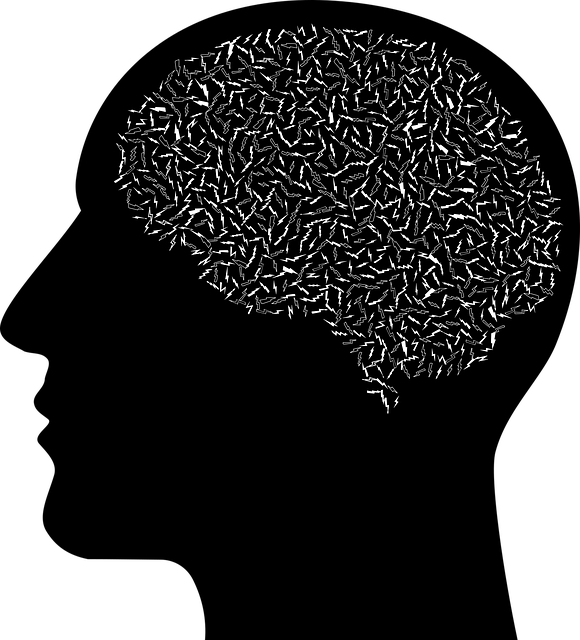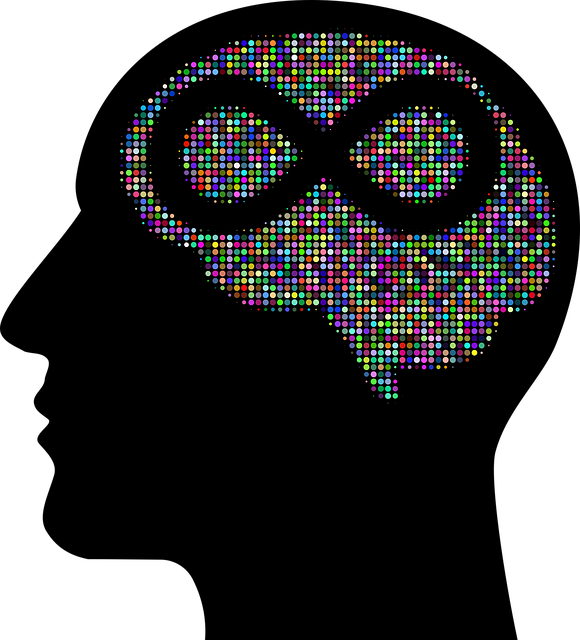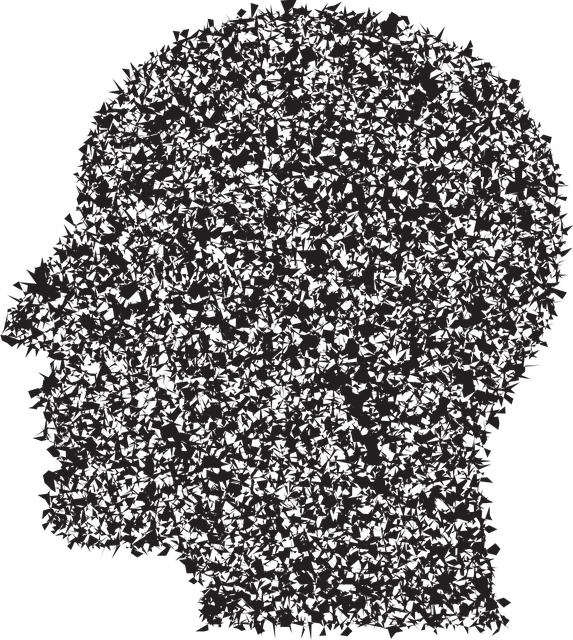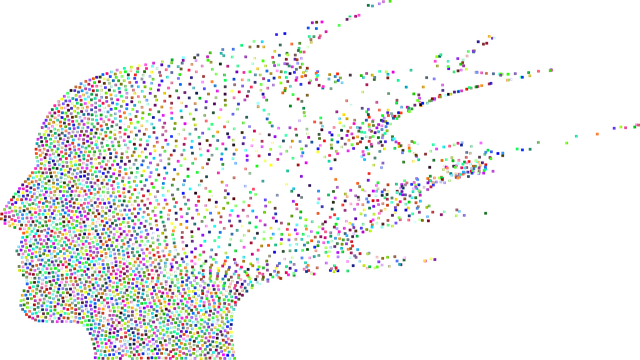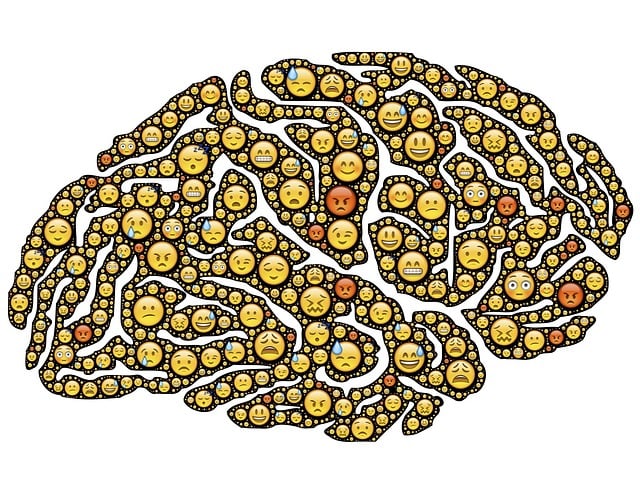Mental illness diagnosis in adolescents is challenging due to ongoing brain development, communication barriers, and cultural nuances. Littleton Adolescent and Teen Therapy (LATT) addresses these issues through culturally competent care, focusing on emotional intelligence development and open dialogue. They employ advanced assessment methods, evidence-based practices, and multidisciplinary collaboration for precise diagnoses, integrating technology and personalized treatment plans. LATT prioritizes continuous professional development, patient feedback, and family involvement to enhance diagnosis accuracy and tailor mental health support to each adolescent's unique needs.
Mental illness diagnosis accuracy is paramount in adolescent care, yet challenges remain. This article delves into strategies aimed at enhancing diagnostic reliability, focusing on the crucial role of specialized therapy, like Littleton Adolescent and Teen Therapy. We explore innovative techniques, advanced training for clinicians, and patient-centric approaches involving family involvement. By integrating these efforts, we strive to improve outcomes for adolescents navigating complex mental health landscapes.
- Understanding the Challenges of Mental Illness Diagnosis in Adolescents
- The Role of Littleton Adolescent and Teen Therapy in Enhancing Accuracy
- Innovative Techniques and Tools for Improving Diagnostic Reliability
- Training Professionals: Equipping Clinicians with Advanced Skills
- Integrating Patient Feedback and Family Involvement for Better Outcomes
Understanding the Challenges of Mental Illness Diagnosis in Adolescents

Mental illness diagnosis in adolescents presents unique challenges due to several factors. Firstly, the brain continues to develop well into early adulthood, making it difficult to distinguish between typical adolescent behavior and symptoms of mental health conditions. This neurodevelopmental stage often leads to delayed or inaccurate diagnoses, as some symptoms may be mistaken for phase-related mood swings or rebelliousness. Moreover, adolescents may struggle to communicate their feelings effectively, especially if they lack coping skills development, which can hinder a thorough assessment by healthcare providers.
The complexity increases when considering cultural diversity among adolescents seeking therapy, such as those served by Littleton Adolescent and Teen Therapy. Providing culturally competent care is essential, ensuring that healthcare provider training in this area is robust. Understanding cultural nuances related to mental health expression and help-seeking behaviors can significantly impact diagnosis accuracy. Incorporating strategies for improving self-esteem and encouraging open communication can also facilitate more precise assessments, leading to timely interventions tailored to each young person’s unique needs.
The Role of Littleton Adolescent and Teen Therapy in Enhancing Accuracy

Littleton Adolescent and Teen Therapy (LATT) plays a pivotal role in enhancing mental illness diagnosis accuracy, particularly for adolescents and teens. Their specialized services focus on fostering emotional intelligence, a key component often overlooked in traditional therapy models. By prioritizing Emotional Intelligence development, LATT equips young individuals with the tools to understand and manage their emotions effectively, leading to more accurate assessments of mental health conditions.
Through innovative approaches, LATT not only aids in Depression Prevention but also promotes Mental Health Awareness among adolescents. Their comprehensive programs encourage open dialogue about emotional well-being, breaking down the stigma associated with seeking therapy. This normalized environment facilitates honest self-reflection and encourages teens to articulate their experiences more clearly, contributing significantly to improved diagnosis accuracy.
Innovative Techniques and Tools for Improving Diagnostic Reliability

The field of mental health diagnosis is witnessing a significant evolution with the integration of innovative techniques and tools designed to enhance accuracy and reliability. One such pioneer in this area is Littleton Adolescent and Teen Therapy, which has been at the forefront of developing cutting-edge approaches to diagnose and treat youth mental health conditions. These efforts focus on refining assessment methods, leveraging advanced technology, and fostering a multidisciplinary collaboration among therapists, psychologists, and psychiatrists.
By incorporating evidence-based Emotional Healing Processes and Emotional Well-being Promotion Techniques into diagnostic practices, professionals can gain deeper insights into an individual’s emotional landscape. This, in turn, allows for more precise identification of mental health disorders. Moreover, encouraging Self-Care Practices as part of the diagnostic and therapeutic process empowers individuals to take an active role in their emotional well-being. These combined strategies not only improve diagnostic reliability but also set the stage for more effective and personalized treatment plans.
Training Professionals: Equipping Clinicians with Advanced Skills

At Littleton Adolescent and Teen Therapy, we recognize that accurate mental illness diagnosis relies heavily on the expertise and skills of clinicians. To enhance diagnostic accuracy, our organization invests in comprehensive training programs for professionals. These advanced skill-building initiatives focus on various aspects of assessment, including thorough evaluation techniques, evidence-based practices, and an understanding of complex presentations. By equipping clinicians with these tools, we aim to improve not only diagnosis but also the overall quality of care provided to young individuals struggling with mental health challenges.
Through ongoing training sessions, workshops, and mentorship programs, our team stays updated on the latest research and trends in mental wellness journaling exercises guidance and stress management techniques. We believe that promoting Mental Health Awareness among adolescents and teens is a collective effort, and by enhancing the capabilities of our clinicians, we contribute to a more effective support system. This commitment ensures that every individual receives personalized care tailored to their unique needs, fostering positive outcomes and overall mental wellness.
Integrating Patient Feedback and Family Involvement for Better Outcomes

Incorporating patient feedback and family involvement is a powerful strategy to enhance the accuracy of mental illness diagnoses. At Littleton Adolescent and Teen Therapy, we recognize that understanding a young person’s lived experience and the support system surrounding them is pivotal for delivering effective treatment. Encouraging open dialogue between patients, their families, and healthcare providers allows for a more holistic view of symptoms, triggers, and coping mechanisms. This collaborative approach ensures that diagnoses are not just based on clinical observations but also grounded in the individual’s unique context, leading to improved accuracy and tailored treatment plans.
By involving family members, we gain insights into familial dynamics, support systems, and cultural factors that might influence mental health. This is particularly relevant when considering the impact of social and environmental conditions on a young person’s well-being. For instance, providing guidance on mental wellness journaling exercises can empower patients to track their emotions and experiences while offering valuable data for healthcare providers. This practice, combined with enhancing healthcare provider cultural competency training, enables professionals to navigate complex cases more effectively, ensuring that depression prevention strategies are culturally sensitive and relevant.
Mental illness diagnosis accuracy is a multifaceted challenge, particularly in adolescents. By understanding the complexities of adolescent mental health, implementing innovative techniques like those offered by Littleton Adolescent and Teen Therapy, and prioritizing comprehensive training and patient-family involvement, we can significantly enhance diagnostic reliability. These efforts collectively foster better outcomes for young people navigating their mental health journeys.







